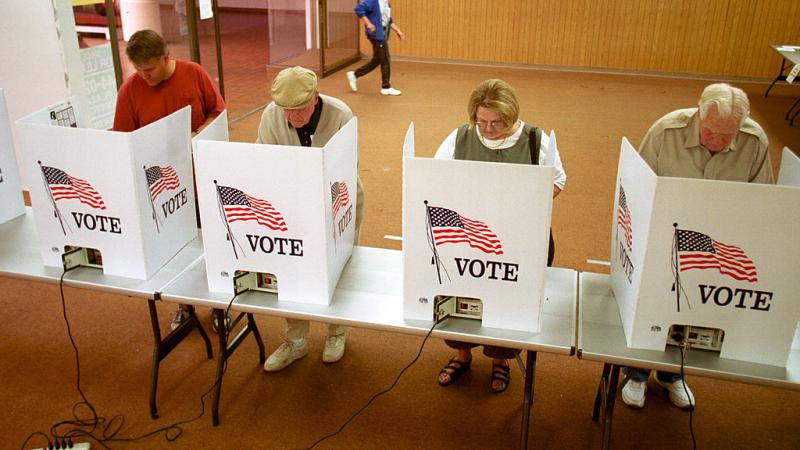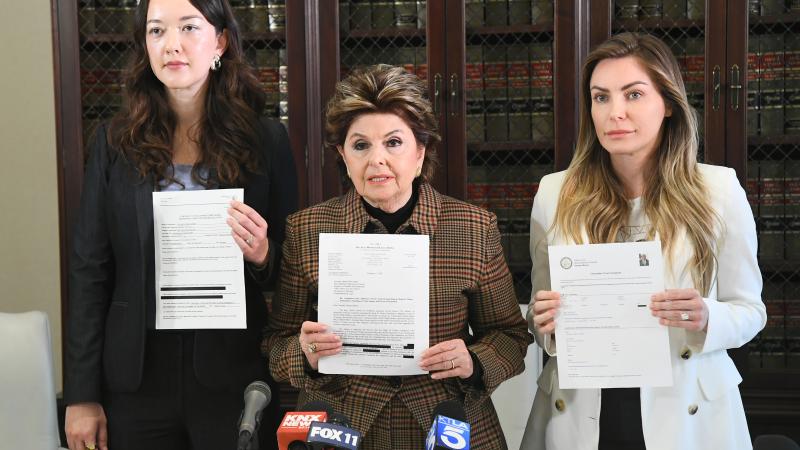Watchdog groups criticize New York's ‘cyber voting’ plan
"At a time when election security and public confidence are under relentless attack, New York should not rely on insecure technology for voters that produces unprovable election results," the groups wrote in the letter.
Government watchdogs are criticizing a New York proposal to authorize some voters to return ballots over the Internet, arguing the move would jeopardize cybersecurity and erode confidence in the state's election system.
The proposal, filed by a group of Democratic lawmakers, calls for allowing New Yorkers who are members of the military serving overseas and people with disabilities to submit ballots for federal, state and local elections using "electronic absentee ballots" submitted by email.
Backers of the plan say it is aimed at preserving the right to a secret ballot for military members and people with disabilities, claiming their voting rights are compromised by the current process of requesting and submitting absentee ballots.
But in a letter to legislative leaders, the groups Reinvent Albany and Common Cause New York said they have "grave concerns" about the proposed legislation. They warned the move would "put the security of New York’s elections at high risk for cyber incidents, and undermine public confidence in election results."
"At a time when election security and public confidence are under relentless attack, New York should not rely on insecure technology for voters that produces unprovable election results," the groups wrote in the letter.
The bill's lead sponsors, state Sen. Brad Hoylman-Sigal, D-Manhattan, and Assemblyman Harvey Epstein, D-Manhattan, wrote in a summary that while members of the military serving overseas can submit electronic ballots by email and people with disabilities to file voting applications online, they "often face difficulties in exercising their right to vote by secret ballot."
"Military members who cast their electronic vote by email relinquish their right to a secret ballot because their e-ballots are copied onto paper ballots by election officials," the lawmakers wrote.
"The New York State Board of Elections should establish and maintain an electronic absentee ballot submission system which will allow people who face barriers to voting to retain their right to vote by secret ballot," the bill's summary states.
But the government groups said there is "broad consensus" that electronic ballot return presents "severe security risks to the integrity of our elections, because ballots cast over the internet can be intercepted, deleted and altered at scale—and can therefore change election results."
They pointed to a recent review by several federal agencies, including the FBI, which found the risk is too high even with security safeguards and other precautions for electronic ballot returning systems.
The agencies warn that electronic ballot return "faces significant security risks to the confidentiality, integrity, and availability of voted ballots," ultimately affecting the tabulation and results of elections. The agencies noted that email provides "limited security protections" and is "not considered suitable" for sensitive communications.
"While this may be a convenient tool for distributing or receiving ballots, policy makers and election officials should be aware of the risks and challenges associated with email," the report stated.
In 2019, the bipartisan U.S. Senate Select Committee on Intelligence issued a report claiming foreign governments were "actively" trying to attack American election systems. The panel issued several recommendations, including that states "should resist pushes for online voting" to protect the integrity of the election system.
"At a time where the integrity and veracity of election results are continuously called into question, it would not be prudent to ignore the security warning issued by the four government agencies charged with protecting our nation’s election infrastructure," the watchdog groups wrote in the letter.















